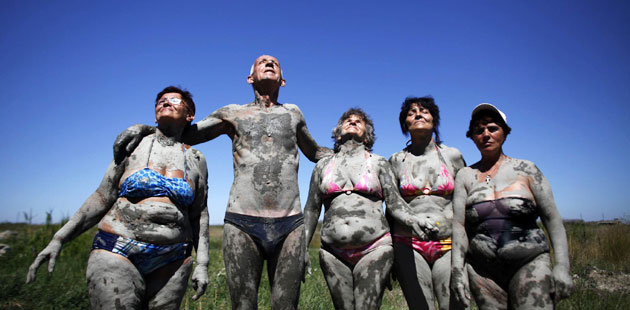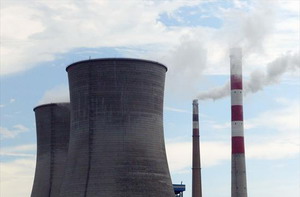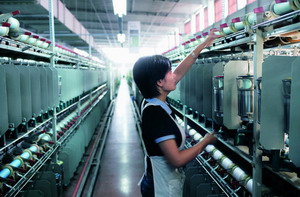Emerging market private equity deals rise in H1
Updated: 2011-08-25 16:54
(Agencies)
|
|||||||||||
LONDON - Global emerging market private equity deal volume rose by 11 percent to $14.1 billion in the first half of 2011, and fundraising doubled to $22.6 billion, Reuters reported, citing the Emerging Markets Private Equity Association(EMPEA).
Emerging market private equity deals dropped sharply during the global financial crisis, totaling $28.8 billion in 2010 compared with $47.8 billion in 2008, the association said in a statement.
But the expansion of fund-raising suggests deal volumes are likely to rise further.
Fundraising in the first half almost matched full-year 2010 fundraising of $23.5 billion and could reach $40 billion or more this year, EMPEA said.
"Provided the valuations of the markets for which the capital is raised are deemed reasonable, we would expect a pretty significant drawdown of the capital over the following 18 to 36 months," said Jennifer Choi, vice president of industry and external affairs at EMPEA in Washington.
China's share of the fundraising total rose to 45 percent, its highest level to date, while India and Brazil are also making up an increasing proportion of fundraising, EMPEA said. China and India accounted for 68 percent of the total deal investment in the first half.
Investments took place across 54 countries in the first half, EMPEA added, including frontier markets such as Honduras, Laos, Madagascar, Mongolia and Uruguay.
Globally, the largest number of emerging market private equity deals were done in the industrials and manufacturing sector, followed by the consumer, services and technology sectors.
But fundraising and deal volumes dropped sharply in the Middle East and North Africa (MENA) region, which has been hit by Arab spring uprisings.
Volumes may not pick up in the region any time soon.
"It remains to be seen what will happen in elections in Egypt, and within North Africa, Egypt was where most of the activity was taking place," Choi said.
Unrest in the region has continued into the second half, with fighting still going on in Tripoli, days after rebel forces overran Muammar Gaddafi's headquarters.
"There has never been much private equity in Libya, but maybe by 2012-2013 it could become a really active market," Choi said.
Related Stories
China Life gets PE license 2011-08-18 10:38
Citic PE launches 5b yuan mezzanine fund 2011-07-19 13:26
CSRC issues guidelines for changes to PE pilot 2011-07-09 09:29
- BYD to sell electric buses to Taiwan
- COSCO seeks to ease worries over bills
- Gaopeng cuts a 'turning point' for group buying
- China facing pressure from US, EU debts
- CNOOC's H1 net profit jumps 51.4%
- China Life plans 'more regular' issues of debt
- UPS to open new branch in Central China
- ODI dips in July, year's first slide













